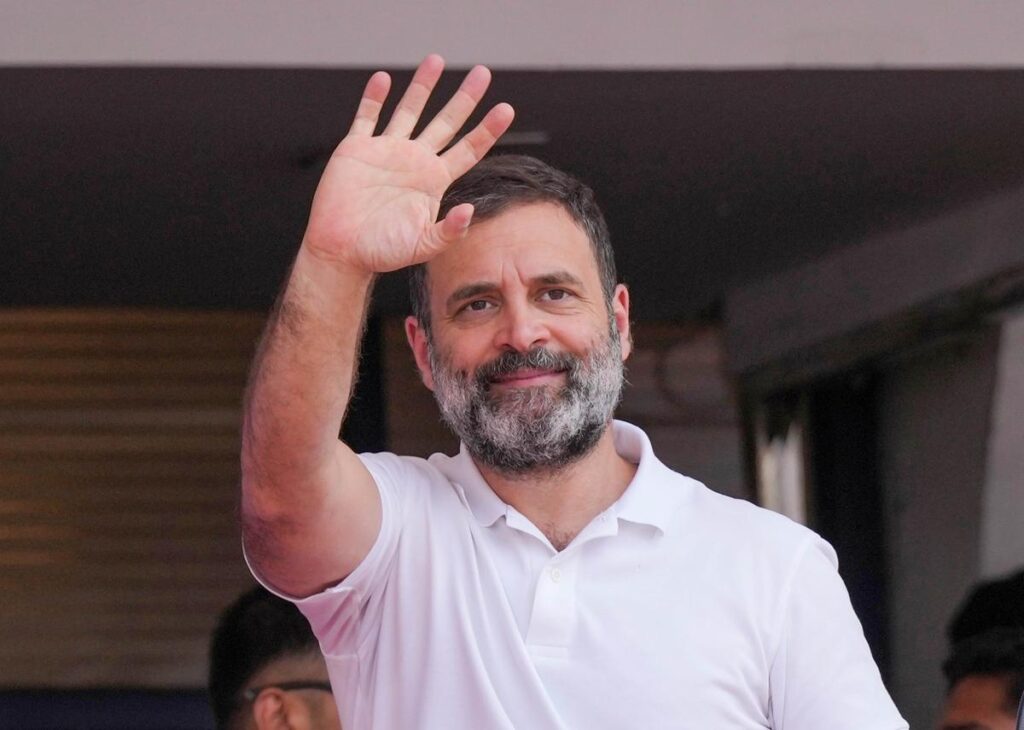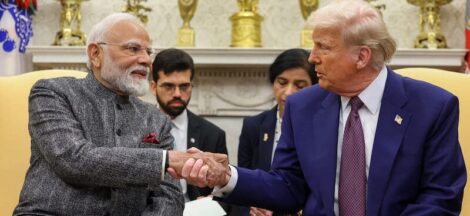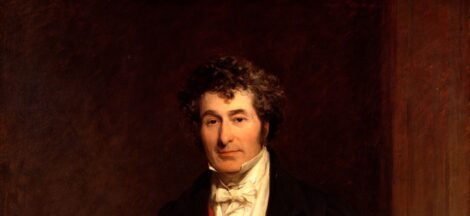Pressurising the alliance partner to accrue more political and electoral benefit has certainly not been an alien concept. It has been in vogue for pretty long time. Obviously to look at the frequent visit of Rahul Gandhi to Bihar from the perspective of pressuring RJD to concede more seats to Congress during the October assembly election would be a flawed analysis. A weak political party is always vulnerable and it cannot be supposed to dictate the terms. Congress is not an exception.
Rahul’s three visits to Bihar during the last three months ought to be seen and analysed in entirely new perspective. No doubt a strong Congress will create some kind of pressure on the big brother RJD for some more seats. But it cannot be expected to dictate RJD chief Lalu Yadav or Tejashvi. The fact also cannot be ignored that Congress has no sufficient number of winnable candidates. It even cannot claim to have that amount of strength which would ensure victory of its all candidates.
The remark that Rahul made during his Monday visit to Bihar is quite significant; “Our aim is to draw the attention of the world to the plight of Bihar’s youth, who find government jobs getting scarce day by day and privatisation bringing no benefits. Let us bring the government in the state under pressure and change it”. It is intriguing to make out what prompted him to say “our aim is to draw the attention of world”. Why the world should bother the plight and miseries of Bihar’s youths? What is the relation between the two? Youths of other states are also facing the problems of joblessness. But what is so special about Bihar that it should be brought to the attention of world?
In fact the answer to the vexed issue has come from him: “wanted to show the world the plight of youths of Bihar who have to migrate to other states in search of jobs.” At a time when all the states have been achieving huge economic growth, Bihar has been languishing. The youths of Bihar has indeed been the most productive force and have been contributing to the socio-economic growth of other states, they were unable to help their own state. Bihar is incapable to help them in earning their livelihood in their own state. Why there is utter lack of job in Bihar?
As in other places, in Patna too, while addressing the Samvidhan Bachao Sammelan he lambasted the feudal and rich people for the exploitation of the poor. OBC, EBC, Dalits, Muslims and poor of the general castes. He pressed for caste census, and slammed RSS-BJP for opposing a caste-based census and asserted Congress would ensure social justice by shaping policies based on ground realities. He directly attacked RSS chief Mohan Bhagwat, saying, “Mohan Bhagwat says there is no need for a caste census. I want to tell him — a caste-based census is like an x-ray of society. It reveals the real picture of the population and helps frame inclusive policies.”
Ever since Rahul embarked on his Bharat Bachao yatra, he had come to realise that the giving leverage to rich and feudal elements would prove to be disastrous for the Congress. It has to return to its old base of poor and dalit. The rich and upper caste people rallying behind RSS and BJP and pursuing the politics of Hindutva has made him conscious of the fact that these people could not be relied. They nurture of the feeling that BJP can protect their class interest.
Obviously in the greater interest of the party and make it gain back its old credibility, Rahul chose the political line of setting a counter narrative to the politics of violence and hatred of saffron ecosystem. For this Congress has to be reformed. This issue was also raised by Rahul at the sammelan. He emphasised on internal reforms within the Bihar Congress. It implied a shift in leadership representation. He said “Earlier, two-thirds of our district presidents in Bihar were from upper castes. Under Mallikarjun Kharge’s leadership, that has changed. Today, two-thirds come from OBC, EBC, Dalit, and Mahadalit communities. We’ve aligned leadership roles with population realities”.
Urging party workers to connect with marginalized communities, Gandhi emphasized the need to build a people-centric political movement: “Bihar has always led transformative movements. This time too, Bihar will lead from the front”. He tried to lay down an ideological critique: “This Constitution is not just a document from 1947 — it reflects the values of our ancient civilization. The ideology of Savarkar has no place in it; he never had the courage to face the truth.” He underlined “fear and silence dominate national discourse. It’s difficult to speak the truth these days. People know it, but many leaders are afraid to say it aloud”. His observation that plight of Bihari youth should be brought to world ought to be seen in this perspective.
Rahul is not only the leader who has been frequently visiting Bihar. Narendra Modi who did not find time to visit Manipur even for once during the last two years, has been making frequent forays to Bihar. Shockingly the mainstream media which has been agog at Rahul’s visit never sought to know why Modi has been regularly visiting Bihar. Of course like in other northern Indian states, Bihar has some regional parties, but it is Congress which is in direct contest with BJP. Any political development that takes place in Bihar has its fall out at national level. The youth of Bihar from pre-Independence days have been playing crucial role in transforming the politics. The latest being the Bihar Movement of Jay Prakash Narayan. It has completely transformed the Indian politics and the rise of BJP owes to this movement.
While RSS and BJP’s strategy has been to weaken and push back the Congress and win the Dalits and poor to their Hindu fold, the Congress is striving to make the youths join its rank. In latest political scenario the BJP appears to be a step ahead of Congress both in terms of long-term strategy and on-the-ground tactics. The Congress intends to reverse the model and it can only be done through new social coalition as the old social justice coalition has proved to be ineffective and having lost its direction. Under the old system all the groups are divided and have no pointed direction.
If BJP aspires to bring together OBCs and the Dalit to check the rise of Yadavs, the Congress is working on the formula to bring all including the Muslims and poor General caste people on single platform. No other state except Bihar could be best laboratory for accomplishing this mission.
It is also to be noted that while mainstream media has been trying to create confusion in the opposition camp by saying that Congress was pushing the RJD to corner, Rahul has made it explicitly clear that they would go to polls together under Mahagathbandhan banner. He said Mahagathbandhan will work for uplift of Dalits, EBCs, women of Bihar. Rahul addressing ‘Samvidhan Suraksha Sammelan’ (Save the Constitution symposium) in Patna, said: I am confident that the people of Bihar would show a new direction to India again this time as they have always done.
His observation that people from weaker sections of society were being treated as second-class citizens ought to be taken seriously. In the past he had talked of exploitation and disparity, but probably this is for the first time he said that they were treated as second class citizens. Rahul had a made a significant departure from the old pattern of politics, when the parties would prefer to build caste equations and depend on caste leaders, was also evident from his thrust on youths. This is evident from his observation: “Young friends of Bihar, I will be coming to Begusarai on April 7 to join you in the ‘Roko Palayan, Do Naukri’ campaign, walking shoulder to shoulder with you. The goal is to show the world the spirit of Bihar’s youth, their struggles, and their hardships. Come wearing a White T-Shirt, ask questions, raise your voice — to put pressure on the government for your rights, to hold them accountable. Let’s come together and make Bihar a state of opportunities”. (IPA Service)




 Household Indebtedness And Related Suicides Sharply Increasing Since 2014
Household Indebtedness And Related Suicides Sharply Increasing Since 2014 